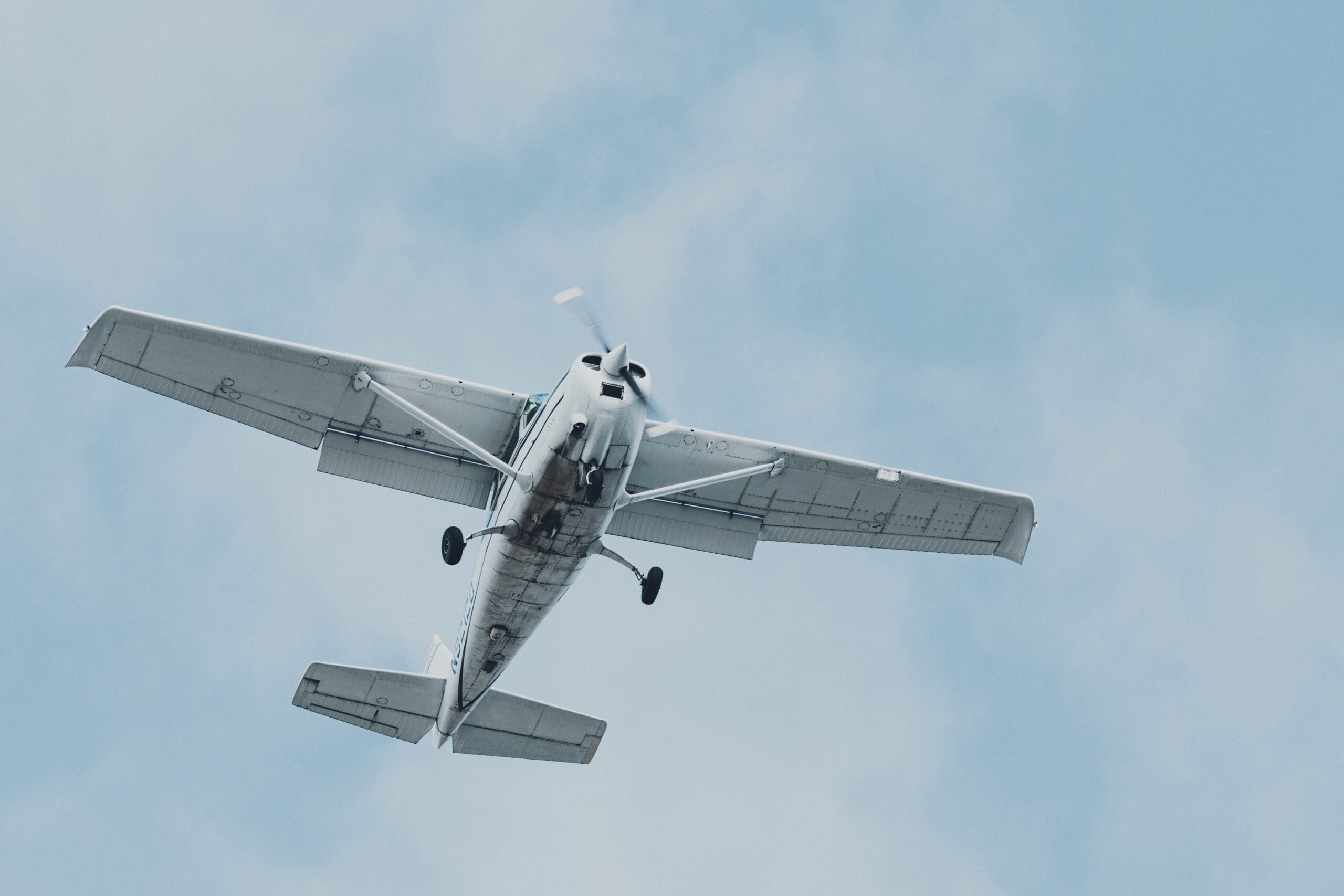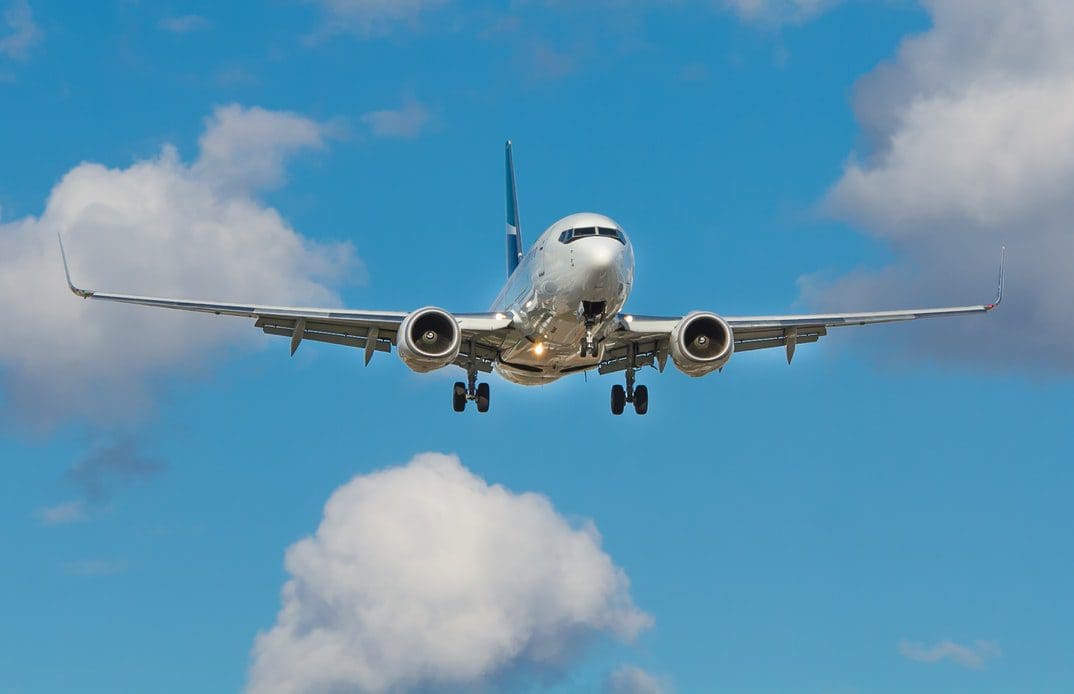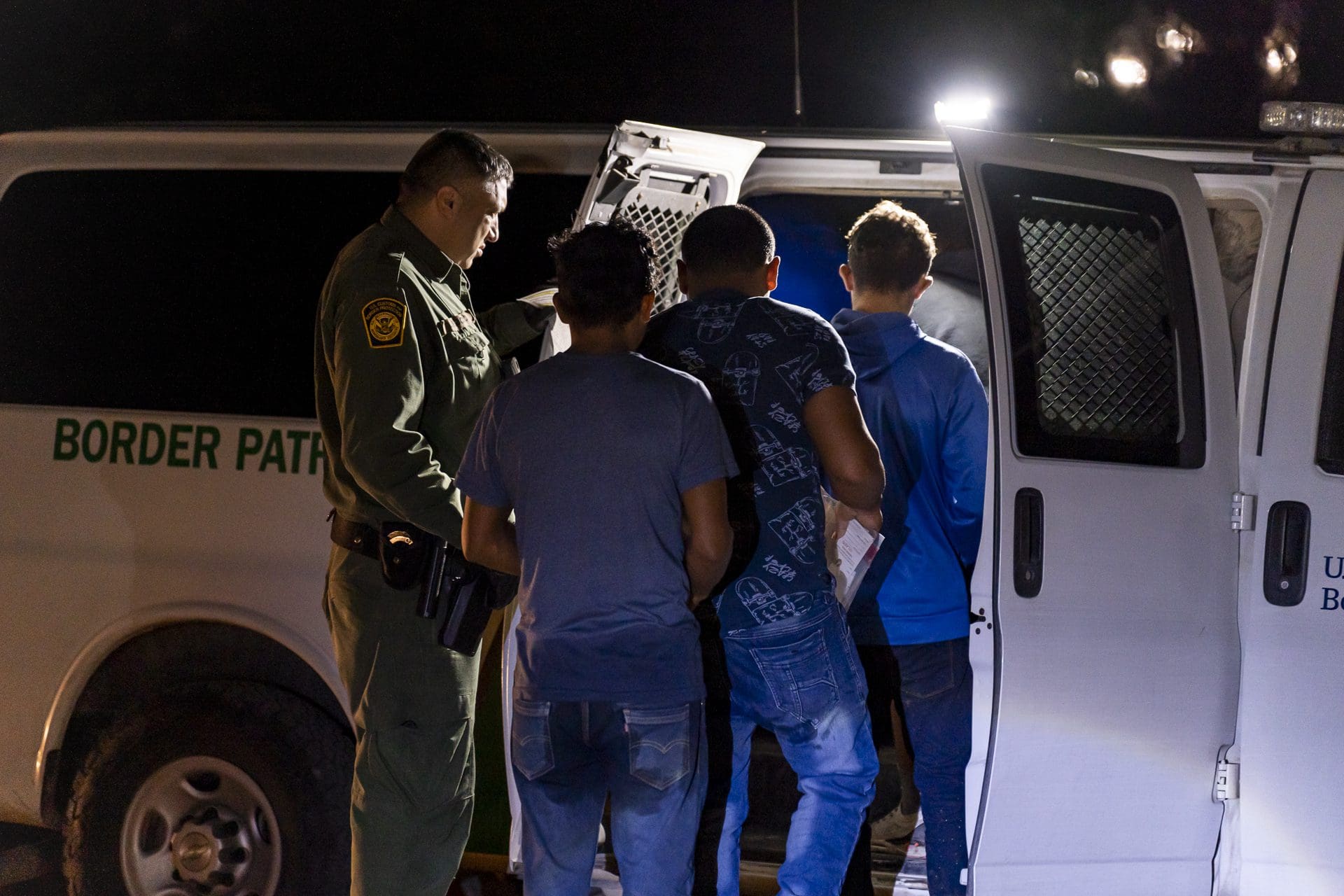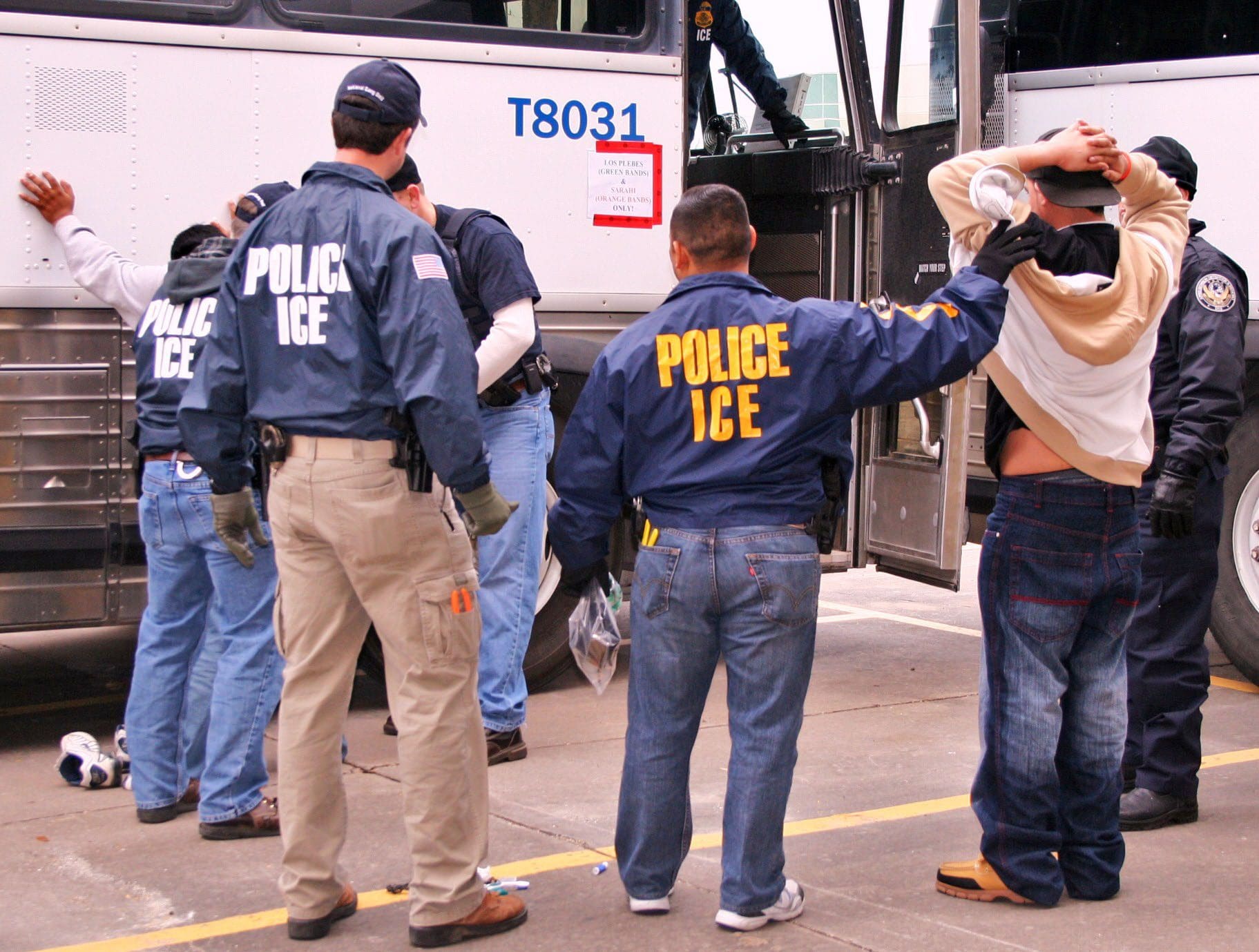In Onalaska, a small town near Houston, thousands of planes are registered by foreigners, raising questions over whether the aircraft are being used for illegal smuggling.
Aircraft Guaranty Corp, a company originally based in Onalaska, is the trustee of these planes, which are registered to two post office boxes in the town. These planes are registered at just five dollars a piece and never even need to touch the ground in Onalaska, which doesn’t have an airport.
U.S. registrations give planes an “N” on their fantails, allowing these planes an easier time of crossing borders and less scrutiny when being checked for contraband.
However, AGC has been indicted 22 different times for offending aircraft transactions, many of these involving drug smuggling with the registered aircraft. One of these planes had a flight plan to travel from McAllen, Texas, to Monterrey, Mexico. Days later, the plane was found abandoned on an airstrip in Cayo District, Belize. The plane seats were removed and it was configured for drug smuggling.
As the border crisis continues, it serves as a distraction from traditional means of drug smuggling.
The indictment against AGC officials was served by the federal grand jury of the Eastern District of Texas in Sherman.
The owner of the company, Debra Mercer-Erwin, was convicted in May on counts of money laundering, wire fraud, and a conspiracy to manufacture and distribute cocaine knowing it would be imported to the U.S.
The investigation into ACG began after multiple planes registered with the company were found to be smuggling cocaine. After this was discovered, AGC transferred ownership of the planes and refused to cooperate in the investigation.
U.S. Attorney Brit Featherston said, “Mercer-Erwin became a drug dealer when she became aware of planes she had registered were being used to transport large quantities of cocaine.”
Mercer’s daughter, Kayleigh, pleaded guilty to wire fraud and conspiracy to commit export violations.
A co-defendant in the case, Carlos Rocha, also plead guilty to conspiracy to manufacture and distribute cocaine knowing it would be unlawfully imported into the U.S., conspiracy to commit money laundering, and conspiracy to commit export violations.
Acting U.S. Attorney Nicholas J. Ganjei said, “The use of United States-registered aircraft by these criminal organizations and their networks of associates poses a clear and present danger to the security of our nation.”
The company still has more than 500 aircraft registered, and four of the people indicted have yet to be charged.
No ads. No paywalls. No government grants. No corporate masters.
Just real news for real Texans.
Support Texas Scorecard to keep it that way!





